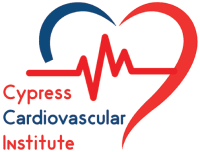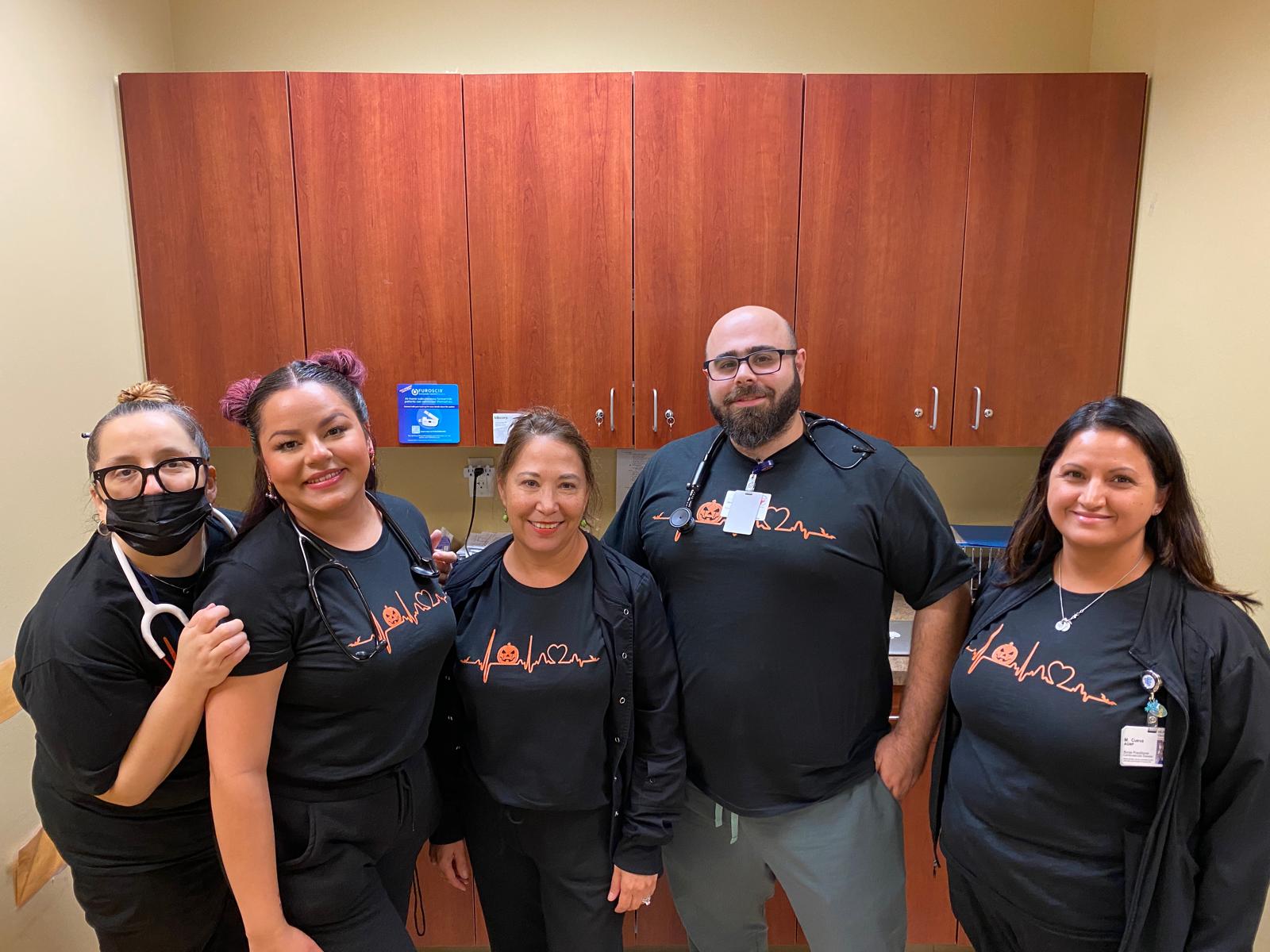As we journey through life, our bodies undergo natural changes. One such change that many women encounter, especially after age 50, is varicose veins. These twisted and swollen blood vessels can be more than just a cosmetic concern. They often cause discomfort, pain, and even embarrassment. For women over 50 and those with busy lives, knowing about treatment options for varicose veins is crucial. Here are five effective medical treatments to help alleviate symptoms and improve your quality of life.
1. Compression Stockings: A Comfortable Solution
Compression stockings are a comfortable and non-invasive treatment option for varicose veins. These stockings apply gentle pressure to the affected area. They help reduce swelling and alleviate discomfort. They come in various compression levels and can be worn during the day or at night. This makes them an excellent choice for working moms who need to stay active.
2. Sclerotherapy: A Simple and Non-Invasive Option
Sclerotherapy is a simple and non-invasive treatment. It involves injecting a solution (sclerosant) into the affected vein. This procedure causes the vein’s lining to become sticky and inflamed. Eventually, the vein collapses and closes off. Sclerotherapy is an excellent option for women who want to avoid surgery or lengthy recovery times. It’s particularly helpful for retail workers who experience swollen feet and ankles from prolonged standing.
3. Radiofrequency Ablation (RFA): A Permanent Solution
RFA is another effective treatment option for varicose veins. This procedure uses heat energy to shrink and close off affected veins. It redirects blood flow to healthier vessels. RFA is a permanent solution that can provide long-term relief from symptoms. This makes it an excellent choice for those with limited time, such as teachers.
ClosureFast: This treatment uses radiofrequency energy to heat and close the vein. A catheter with a heating element is inserted into the vein. This causes it to collapse and seal shut. ClosureFast requires tumescent anesthesia but is effective at relieving symptoms quickly. Patients usually need to wear compression stockings for a short period after the procedure.
4. Venous Stenting: A Permanent Fix
Venous stenting is a minimally invasive procedure. It involves inserting a tiny metal mesh tube (stent) into the affected vein. The stent helps widen the narrowed or blocked vein. This improves blood flow and reduces symptoms like swelling and pain. This permanent fix can provide long-term relief from varicose veins. It’s an excellent choice for women with chronic pain.
VenaSeal: This treatment uses a medical adhesive to seal the vein. A small catheter is used to place the adhesive inside the vein, closing it off and rerouting blood to healthier veins. VenaSeal is a great option for those who prefer a procedure that doesn’t require multiple needle sticks or tumescent anesthesia. It also typically doesn’t require compression stockings after treatment.
In conclusion, knowing your treatment options for varicose veins is essential for maintaining your quality of life. These five medical treatments, along with VenaSeal and ClosureFast, can help alleviate symptoms and improve your overall well-being. By staying informed about the latest advancements in vein therapy, you can take control of your health and well-being. Remember, there is no need to suffer from the discomfort and pain caused by varicose veins. Talk to your doctor today about which treatment option is best for you.

